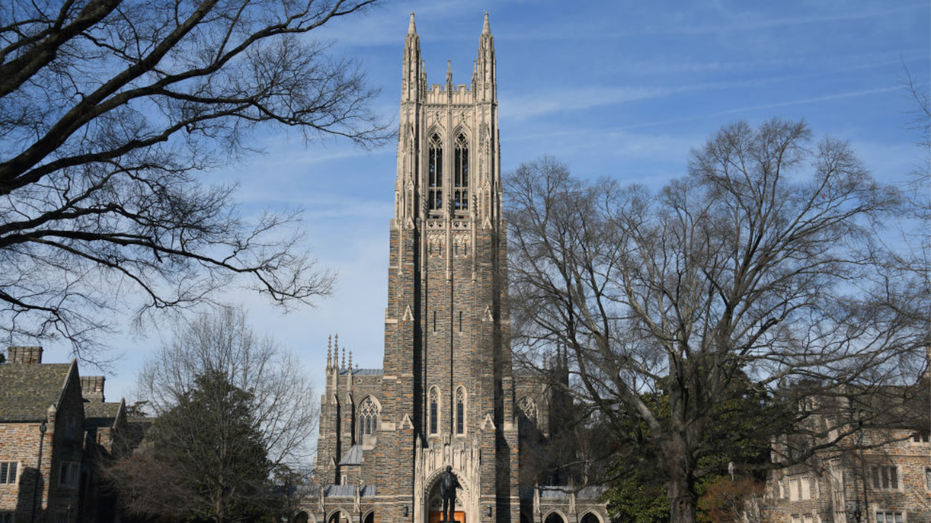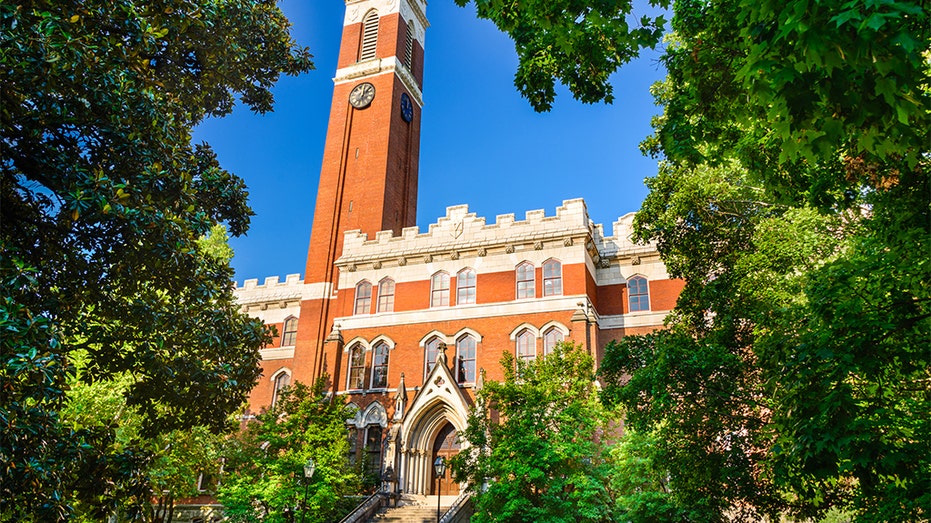American colleges shift to remote learning despite taking millions in coronavirus relief funding
Some universities that accepted federal funding are now shifting to remote learning to begin the spring 2022 semester
Schools consider remote learning amid omicron surge
Columnist Bill McGurn reacts to an increasing number of schools considering remote learning in response to the COVID surge on 'Fox Business Tonight.'
Colleges and universities across America received millions of dollars in government funding during the coronavirus pandemic, some of which was intended to help them safely reopen their campuses to in-person learning.
However, many schools that received the government funding are now beginning their spring 2022 semester with remote learning.
According to the Department of Education, $74.9 billion from the Higher Education Emergency Relief Fund was allocated to colleges and universities across the country.
When the CARES Act was signed into law in March 2020, it required that institutions using money from the Higher Education Emergency Relief Fund use 50% of the funding received for direct financial-assistance grants to students. The remaining amount of money could be used for costs relating to the coronavirus pandemic.

DURHAM, NC - JANUARY 27: A general view of the Duke University Chapel on the campus of Duke University. ((Photo by Lance King/Getty Images) / Getty Images)
The American Rescue Plan added $39.6 billion to the Higher Education Emergency Relief Fund and required that institutions accepting money are required to "implement evidence-based practices to monitor and suppress coronavirus in accordance with public health guidelines."
Several universities that accepted funding from the Higher Education Emergency Relief Fund are now shifting to remote learning to begin the spring 2022 semester:
Yale University:
Courses at Yale University, for undergraduates and graduate students, courses will be held remotely from Jan. 25 through Feb. 4.
Yale University was awarded over $5.2 million from the Higher Education Emergency Relief Fund, and as of Sept. 30, it has spent around $3.8 million.
Duke University:
The Duke University administration announced on Friday that they will be extending the period of time that students will be attending classes remotely. Students will attend classes remotely from Jan. 5-18.
Previously, students were expected to return to in-person classes on Jan. 10, but that has been extended to Jan. 18.
Duke University was awarded over $26.8 million from the Higher Education Emergency Relief Fund, and as of Sept. 30, it has spent around $3.8 million.

Philadelphia, USA - May 4, 2015: Temple University building in Philadelphia, Pennsylvania, USA. (iStock) (iStock)
Temple University
Temple University announced on Dec. 22 that classes in the spring semester would be conducted remotely until Jan. 21. The university also delayed the move-in date for undergraduate students living on-campus by two weeks. Move-in will now take place on Jan. 22.
Temple University was awarded over $151.2 million from the Higher Education Emergency Relief Fund, and as of Sept. 30, it has spent around $100.9 million.
University of Washington
The University of Washington announced that most winter quarter classes will be conducted remotely for the first week.
The University of Washington was awarded over $205.9 million from the Higher Education Emergency Relief Fund, and as of Sept. 30, around $117.8 million has been spent.

Campus of Vanderbilt University in Nashville, Tennessee.
Vanderbilt University
Vanderbilt University announced on Thursday that the start of the spring semester is being delayed. The semester will now begin on Jan. 17.
Vanderbilt University was awarded over $28.4 million from the Higher Education Emergency Relief Fund, and as of Sept. 30, it has spent around $24.3 million.
University of Miami
University of Miami President Julio Frenk announced on Wednesday that classes will be remote for the first two weeks of the semester.
The University of Miami was awarded over $41.260 million from the Higher Education Emergency Relief Fund, and as of Sept. 30, it has spent almost $20 million.
Fox News' Brooke Singman contributed to this report




















